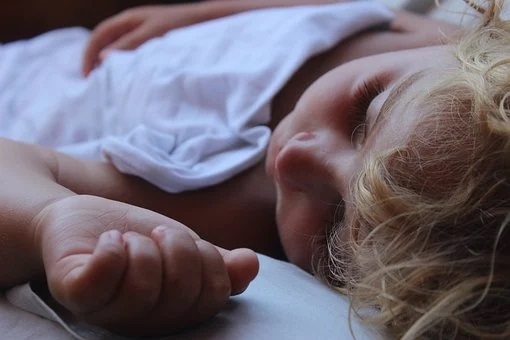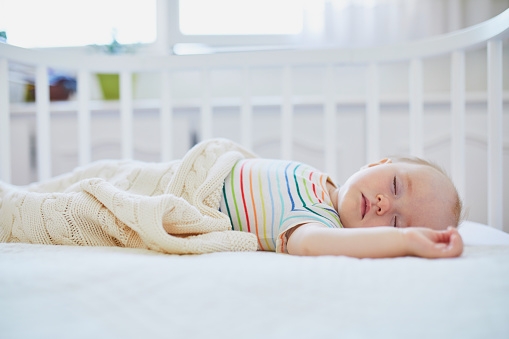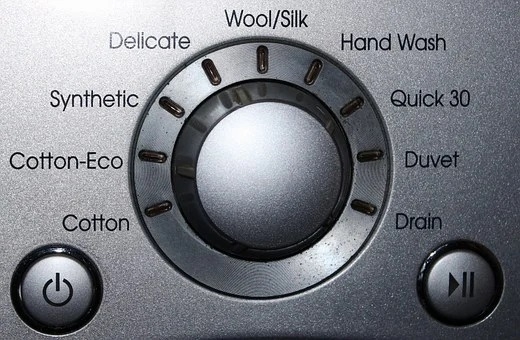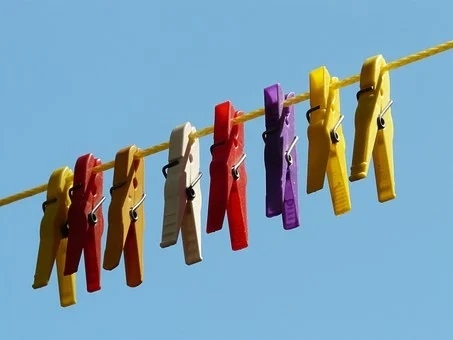How often should you change kids' bed sheets?

There has been plenty of discussion in the press recently about how often people should change their bed sheets and of course the frequency that they change theirs is likely to be the same as their children’s! The trouble is that whilst time-honoured institutes such as the UK’s Good Housekeeping recommend changing bed linen every week, a recent survey revealed that the average length of time is actually every 25 days and only 25% of us do a weekly change!
In reality, once every 25 days is absolutely no good at all for any of us. It is so ease to strip the bed and pop the linen into the automatic washing machine. Luckily, many of those who do change their bed linen weekly do realise the reasons why it is best to do so and also confess to feeling that there is nothing better than slipping into bed with beautiful fresh linen after a hard day at work.
So in reality how often should I change bed linen?
Bed sheets need to be changed every week for both adults and children of all ages. Be prepared to change the bed linen more frequently, especially if your child is unwell or has an accident or is getting very warm at night during the summer months. Babies usually have to have their cot linen changed several times a week because they can often drool milk, or there are other spills that happen. If these do occur, sponge clean the spot and dry with a paper towel straight away. If your baby is in a cot, you will probably find that you will need 3-4 sets of sheets, whilst three sets will be necessary once they move into their own bed.

The main issue is that bed sheets get covered in dead skin cells, sweat and saliva as well as many other germs. Scientists found that one pillowcase that had been used for a week actually had 17,000 times more bacteria than a toilet seat – that’s frightening!
‘The Sleep Council estimates that as much as a tenth of the weight of a pillow that has never been washed is made up of human skin scales, mould, dust mites (including dead dust mites) and their droppings. Pleasant thought!’ Good Housekeeping
Clean sheets do help protect the sleeper from dust mites that can be found in most mattresses. Other reasons to wash bed sheets regularly include:-
If you don’t change your child’s bed linen often enough they could well develop allergies.
During the summer, children can get sweaty in bed. Check what their bed sheets are made from. Polyester ensures that they don’t have to be ironed, but are not as cool as those with a high cotton content.
If your family cat or dog is allowed to sleep on the beds (which isn’t a good idea) they can transmit dander from their fur which can trigger allergies.
There should be a ban in place on all children aged under 100, eating in bed because that is unhygienic.
If your child does not have a bath or shower every night before bed, you will definitely have to change their bed linen more frequently as they are bound to be dirty and will accidentally bring sand, half the garden or bits of food to bed with them.
Not changing bed linen frequently enough potentially exposes your children to fungi, bacteria, pollen and animal dander and any of these can trigger eczema or asthma in children.

How do I clean the bed sheets.
The best way to clean bed sheets is using a wash programme of at least 60ºC as this will kill all the germs – including COVID-19. Use a gentle washing liquid for your child; either a hypoallergenic one or a label particularly suitable for children. Once the sheets have been washed, get them out on the washing line as they will definitely smell lovely and if it is a sunny day, the sun will bleach out any small marks on white sheets. Try to avoid using a tumble drier.Once your child is in their own bed, it is a good idea to fit a mattress protector over the mattress to avoid any stains, a pillow protector works in the same way and is an equally good investment. It is also important to remember that without a protector, a pillow needs to be changed every coupe of years.
What about duvets and pillows?
It is important to clean duvets and pillows very regularly – every month if you can. Most of the duvets and pillows for children are machine washable and these are ideal as they are quick and easy to wash. Follow the manufacturer’s washing advice for the best results and if possible, choose what Granny used to call ‘a good drying day’ to ensure they are blown by the breeze when they are on the line.It is really important to change your child’s bed linen really frequently if they are ill – every day if you can. Not only will this make your child feel better, if you have other children it will reduce the chance of transmitting infection as infections can be passed by soiled bed linen.
Don’t forget their bed mates!
If your child goes to bed with their favourite toys every night, these will need to be cleaned regularly too as they can be harbouring germs. If possible, they need to be washed on a suitable 60º wash programme and this should be done once a month.
Once you have adjusted the frequency of your bed linen changing, it is well to take the advice of health experts who recommend that you sleep with a small window open in the bedroom and leave all the beds and cots to air for a good 30 minutes each morning before making them as this really helps keep beds feeling fresh and well aired.

Chrissie x

